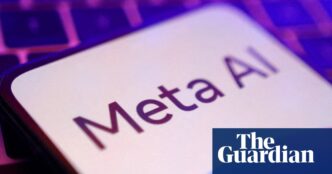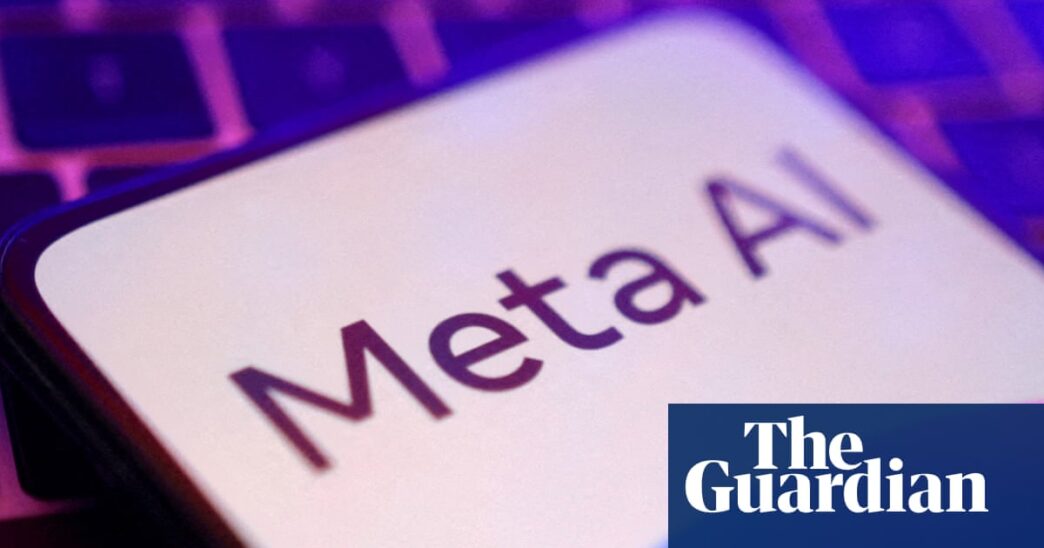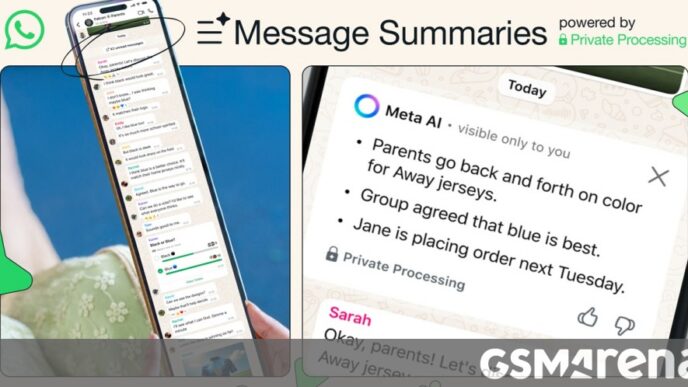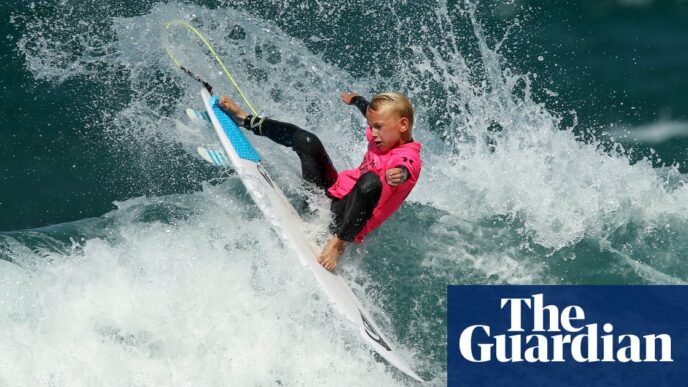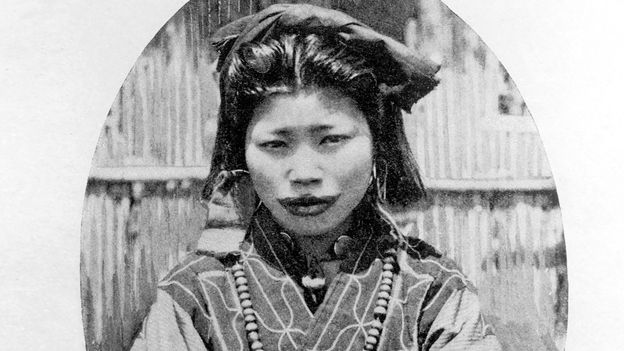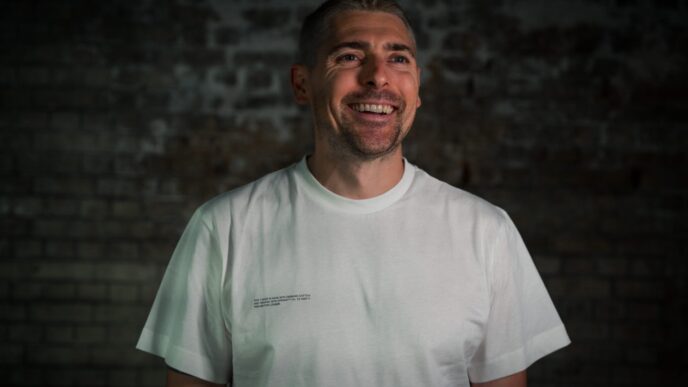Meta scored a legal win in a copyright lawsuit over its AI training. A US judge sided with the Facebook parent company, rejecting claims from authors including Sarah Silverman and Ta-Nehisi Coates. They accused Meta of using their books without permission to train its AI model Llama.
The ruling from San Francisco’s US district judge Vince Chhabria comes days after Anthropic, another AI firm, won a similar decision. Both rulings protect AI companies from copyright claims—for now.
Chhabria said the authors didn’t prove Meta’s training harmed the market for their works enough to be illegal under US law. But he also warned that using copyrighted work to train AI could be unlawful in “many circumstances.” This contrasts with Monday’s decision in the Anthropic case that found AI training was “fair use.”
Chhabria on Meta’s win:
“This ruling does not stand for the proposition that Meta’s use of copyrighted materials to train its language models is lawful,”
“It stands only for the proposition that these plaintiffs made the wrong arguments and failed to develop a record in support of the right one.”
The authors’ lawyers from Boies Schiller Flexner disagreed with the ruling, calling Meta’s actions “historically unprecedented pirating of copyrighted works.” Meta said it values fair use as “a vital legal framework” for advancing AI.
Anthropic still faces another trial this year after a judge ruled their bulk copying of over 7 million pirated books was not fair use.
The copyright fight is heating up. Writers, publishers, and news outlets sued AI giants like OpenAI, Microsoft, Anthropic, and Meta, accusing them of illegally training their AI on protected works without permission or pay.
AI firms argue training on copyrighted material counts as fair use because their tech creates new, transformative content. But copyright holders claim this threatens their livelihood by flooding markets with cheap AI-generated content.
Chhabria flagged major risks for creators, saying AI can “dramatically undermine the market for those works” and “the incentive for human beings to create things the old-fashioned way.”
The battle over AI training data is far from over. But this week’s rulings mark a key win for AI companies on copyright.
